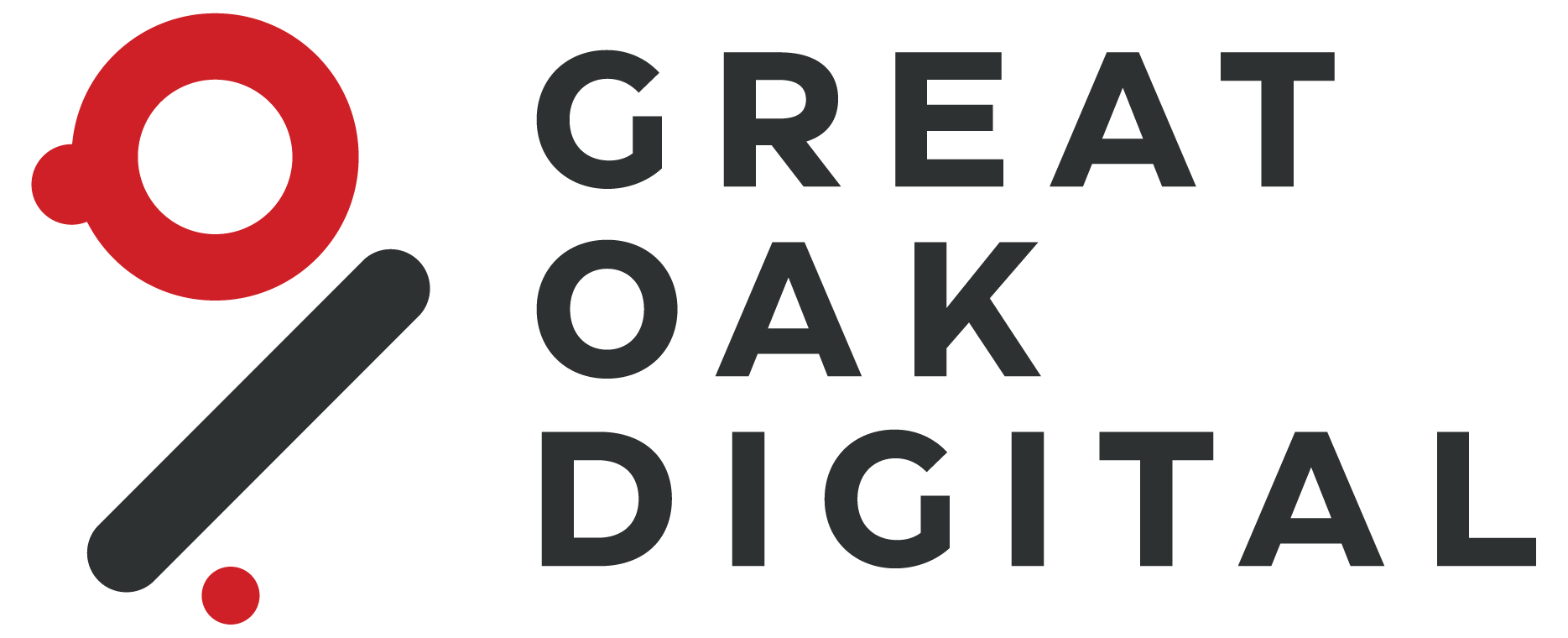In the digital era, data is the lifeblood of businesses, pulsating through the veins of daily operations and strategic decision-making. However, this invaluable asset is under constant threat from cyber threats, making data security not just a technical issue, but a critical business imperative.
Why Data Security Matters More Than Ever
The advent of technologies such as the Internet of Things (IoT), cloud computing, and mobile devices has exponentially increased the volume of data generated and stored by businesses. This data often includes sensitive information such as personal details, financial records, and intellectual property, which are prime targets for cybercriminals.
A breach can lead to devastating consequences, including financial loss, reputational damage, and legal repercussions. In today’s interconnected world, a single vulnerability can be exploited to compromise an entire network, leading to a domino effect of insecurity.
The Cost of Complacency
Ignoring the importance of data security can turn your business into an ‘April Fool’ all year round. The cost of data breaches is not just measured in the immediate financial impact but also in the long-term trust erosion with customers and partners. According to IBM’s Cost of a Data Breach Report 2021, the average total cost of a data breach is $4.24 million, a figure that has risen consistently over the past five years.
Building a Robust Data Security Framework
To protect your business, it’s essential to establish a comprehensive data security framework. This involves:
● Risk Assessment: Identifying and evaluating the risks to your data is the first step in protecting it. Understand where your data resides, how it’s used, and who has access to it.
● Data Encryption: Encrypting data at rest and in transit ensures that even if data is intercepted or accessed without authorization, it remains unreadable and useless to attackers.
● Access Controls: Implement strict access controls to ensure that only authorized personnel have access to sensitive data. This includes using strong authentication methods and maintaining meticulous access logs.
● Regular Audits and Monitoring: Continuously monitor your systems for unusual activity and conduct regular audits to ensure compliance with security policies.
● Employee Training: Employees are often the weakest link in the security chain. Regular training on security best practices and awareness of phishing and other social engineering tactics is crucial.
● Incident Response Plan: Have a clear, tested incident response plan in place to quickly and effectively address any security breaches.
Embracing a Culture of Security
Beyond technical measures, fostering a culture of security within your organization is vital. This means making data security a board-level concern and integrating it into the core values of your company. When security becomes part of the organizational DNA, it is easier to stay ahead of threats and protect your business’s integrity.
The Role of Emerging Technologies
Emerging technologies like artificial intelligence (AI) and machine learning (ML) are playing an increasingly significant role in data security. They can predict and identify potential threats faster than traditional methods, allowing for proactive defense strategies.
In conclusion, data security is not a one-time effort but a continuous process that evolves with the changing threat landscape. By prioritizing data security, businesses can avoid the pitfalls of becoming an ‘April Fool’ and instead position themselves as trusted, resilient entities in the digital marketplace. Remember, in the realm of data security, vigilance is the key to prevention, and prevention is always better than the cure.
—
This blog post serves as a primer on the importance of data security in today’s world. For a more in-depth exploration tailored to your specific business needs, contact a Great Oak Digital Information Technology Security expert by clicking below. Stay safe, and don’t let your business become an April Fool in the world of data security.

